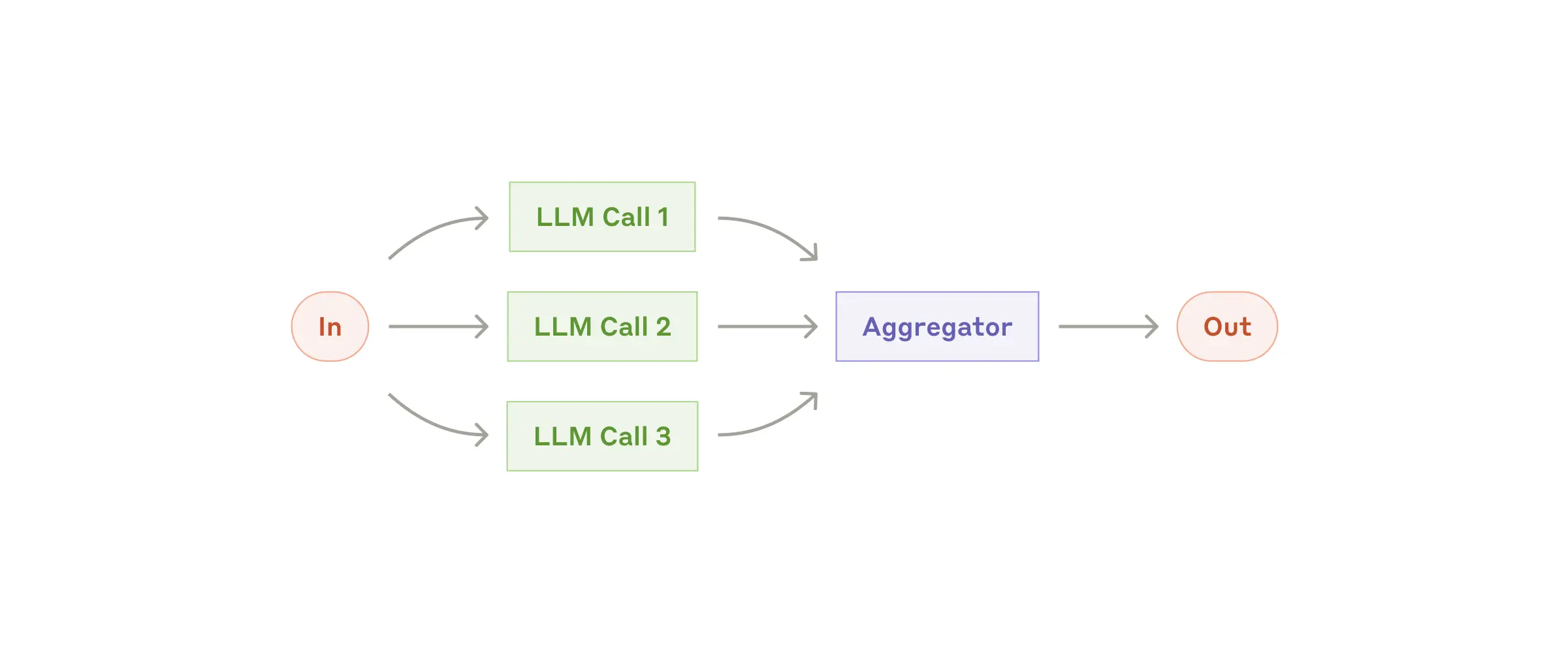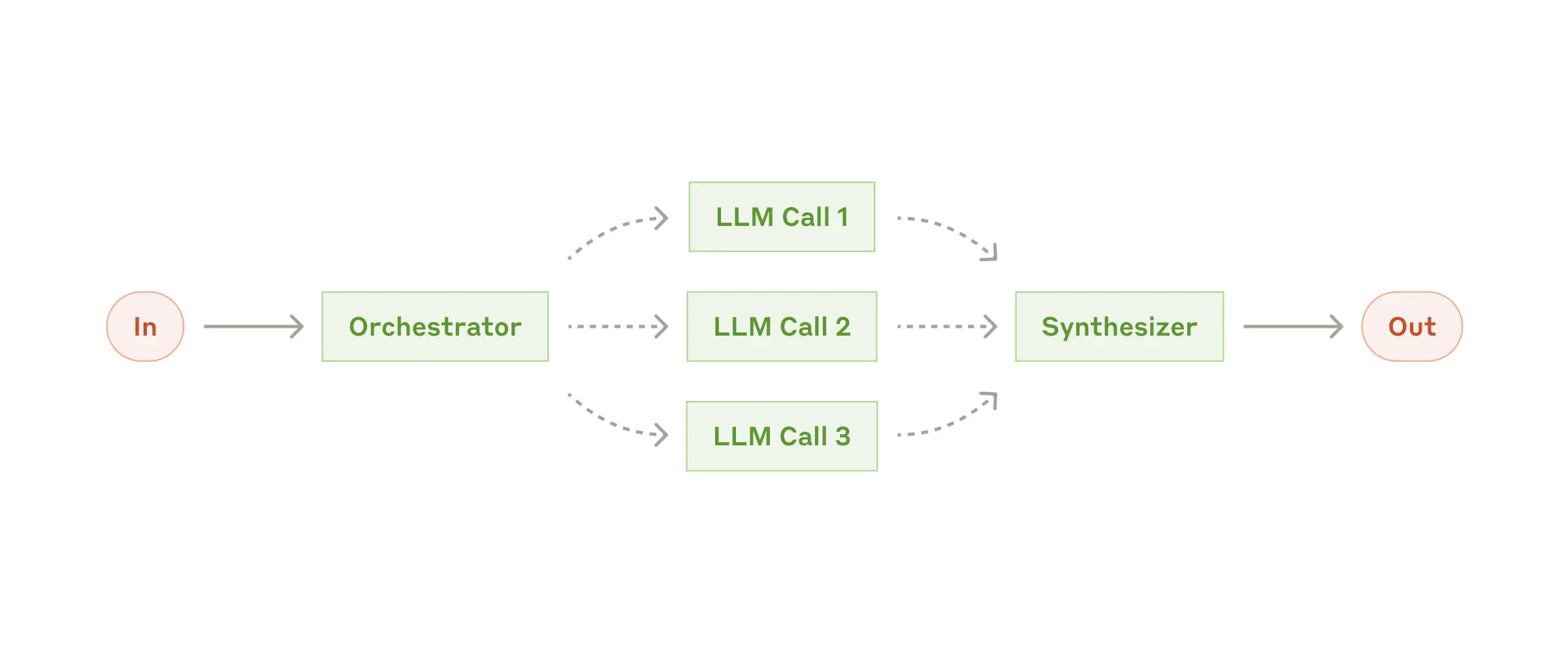
Metadata
- Author: Anthropic
- Full Title:: Building Effective AI Agents
- Category:: 🗞️Articles
- URL:: https://www.anthropic.com/engineering/building-effective-agents
- Read date:: 2025-06-18
Highlights
These frameworks make it easy to get started by simplifying standard low-level tasks like calling LLMs, defining and parsing tools, and chaining calls together. However, they often create extra layers of abstraction that can obscure the underlying prompts and responses, making them harder to debug. They can also make it tempting to add complexity when a simpler setup would suffice. We suggest that developers start by using LLM APIs (View Highlight)
Voting: • Reviewing a piece of code for vulnerabilities, where several different prompts review and flag the code if they find a problem. • Evaluating whether a given piece of content is inappropriate, with multiple prompts evaluating different aspects or requiring different vote thresholds to balance false positives and negatives. (View Highlight)
Example where orchestrator-workers is useful: • Coding products that make complex changes to multiple files each time. • Search tasks that involve gathering and analyzing information from multiple sources for possible relevant information. (View Highlight)
Agents can handle sophisticated tasks, but their implementation is often straightforward. They are typically just LLMs using tools based on environmental feedback in a loop. It is therefore crucial to design toolsets and their documentation clearly and thoughtfully. We expand on best practices for tool development in Appendix 2 (“Prompt Engineering your Tools”). (View Highlight)
 (
( (
(